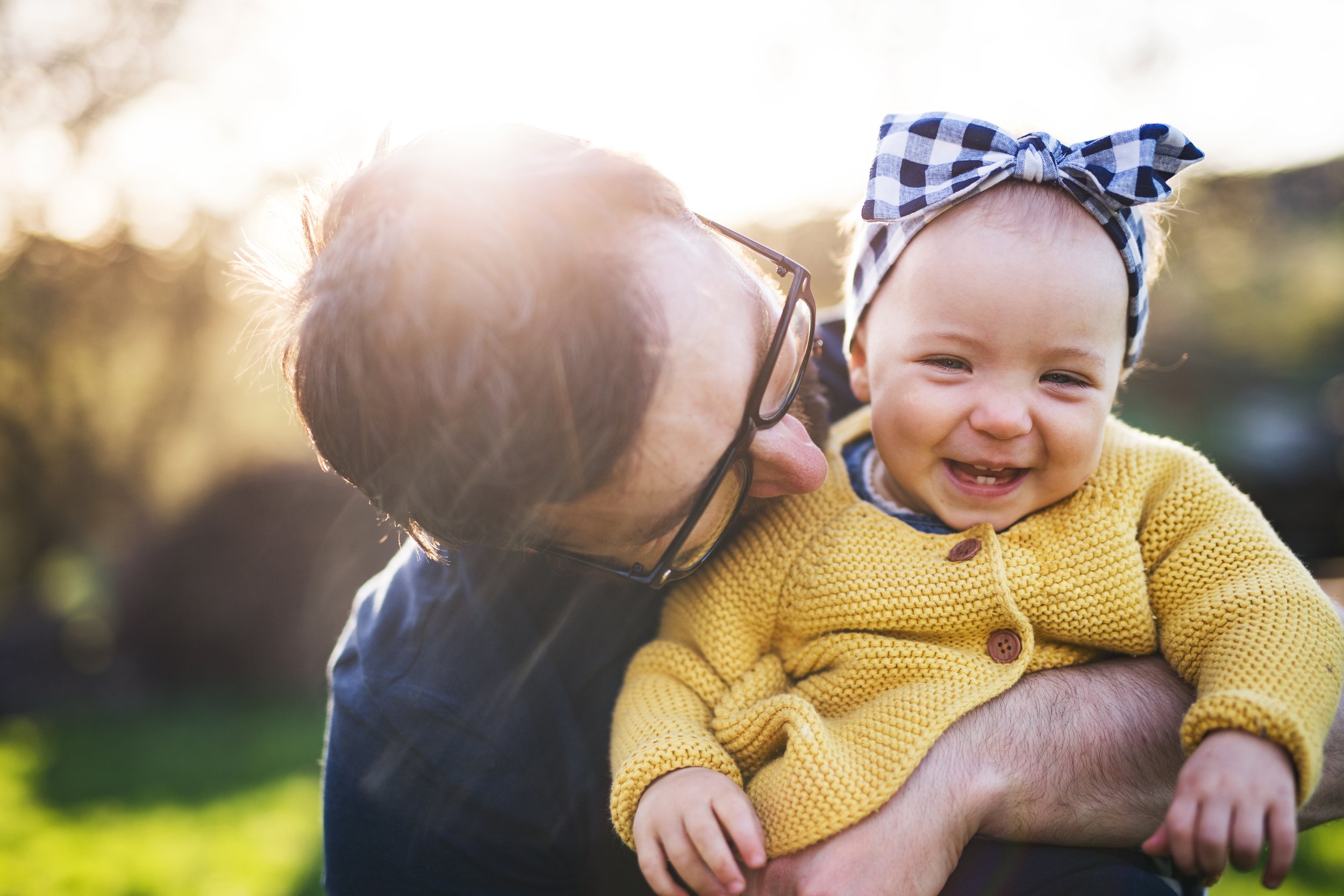Classes. Community. Connection.
We empower & equip parents and early childcare providers with researched-based information, tools and strategies to support healthy development and emotional health from the beginning of life.
Together, we are creating communities that thrive.
What People Are Saying
“I think it should mandatory for parents to participate in child development classes as a preparation for parenthood. I feel if more people were to have some knowledge of child development BEFORE having kids, it would help us make more informed decisions in the life of a child.”
— Mother
“I had no idea how much was going on in the brain the first few years of life. I feel confident now in understanding not only what is happening but how I can support it. “
-Mother
“After this course, I shifted my perspective on how I engage with children, specifically after learning about serve and return. I now notice how my words and/or actions can extend their learning, while at the same time establish trust between the child and myself.”
— Early Childhood Educator/Class Participant
“All of the information on interactions and building relationships caused a huge shift in perspective for me. Interactions with infants and toddlers can be so simple and yet have such a huge impact.”
— Class Participant
Early Childhood Topics We Cover.
Brain Development.
Parent-Child Interactions.
Stress & Developing Brains.
Attachment.
Developmental Milestones.
Cognitive Development.
Language Development.
Social and Emotional Health.
and More!
Sample of Past Courses
Attachment & Relationships: Building Roots of Resilience
The foundation for all other development
Okay, I had a baby, now what?! Do you ever wonder how you can promote healthy brain development in the few years of life? Join us as we dive into what is attachment and how it develops in the first few years of life. We not only go over the science of early brain development, but we also equip you the tools to know how exactly you can promote a healthy attachment and brain development in the first few years of life. This is our foundational course!
A one-time 60-minute class
After completing this course, you will:
Understand the importance of early attachment relationships, and the role of an attuned caregiver in buffering potential adverse outcomes.
Learn how secure attachment is formed in infant & toddler years.
Develop a deeper awareness of the impact of stress and the developing brain.
Learn strategies in preventative overload of stressful experiences.
Walk away with tangible tools and concepts to promote healthy attachment with your little one.
Connection before Correction
Social and Emotional Development
Young children have big emotions and little words. We believe that when adults understand how the brain is wired, it helps us to be more compassionate to ourselves, connected to our children, and equipped with the skills to handle behaviors that may be challenging. You will walk away will an understanding of:
A one-time 60-minute class
After completing this course, you will:
Understand how healthy social and emotional skills develop in the infant and toddler years.
Understand three different type of stress and how stress affects the brain and behavior in little ones.
Three key steps to supporting emotional regulation.
Infant Behavior Cues
What are they saying?
Infants are communicating with us from birth and most of that communication is nonverbal. Research shows responsive caregiving leads to healthy self-regulation, a biological necessity for learning, however, sometimes cues can be hard to read which can lead to feelings of frustration. We will dive into what engagement and disengagement cues look like and how to support attunement with very young infants.
A one-time 60-minute class
After completing this course, you will:
Be able to define infants, all 6 infant states and infant behavior cues
Name and identify engagements cues & when/how to intervene.
Name and identify disengagement cues & when/how to intervene.
Learn strategies to support cues and help bring child back into regulation.
Practice these skills in real time with case scenarios and visuals.
Feeding Development
What to Expect and How to Support
Research shows feeling competent in parenting choices increases connection and bonding. Join us as we dive into research backed strategies and tools to support you in feeding transitions. Baby led weaning? Purees? Breastfeeding? There are so many options to make around feeding your baby/toddler. With so much information out there, it's easy to feel overwhelmed, especially when the information can be conflicting. Join us for an overview of the developmental progression of feeding and oral motor skills to help guide you in your decisions on how you can assist you baby or toddlers feeding skills!
A one-time 60-minute class
After completing this course, you will:
Understand oral motor development and progression of skills.
Develop a deeper awareness of bottle feeding.
Learn the developmental transition to solids, including readiness skills and dilemma’s associated with the transition.
Review baby led weaning versus traditional approach to introducing solids.
Learn how to introduce cups, straws, and spoons, along with recommendations on therapist’s favorite systems
Learn how to notice and follow feeding readiness cues
Learn ways to make mealtime fun.
Understand what to do when baby/toddler is refusing foods, and other strategies to deal with picky eating.




